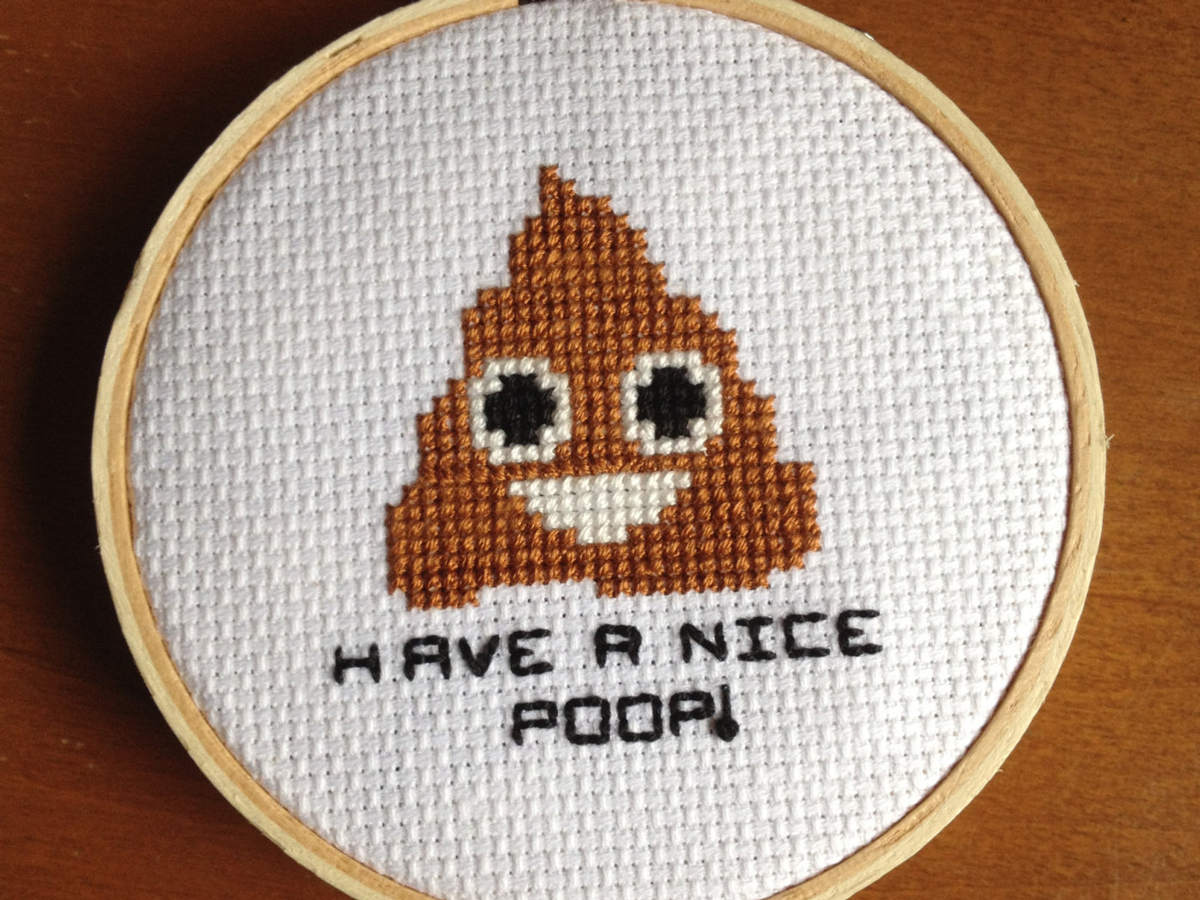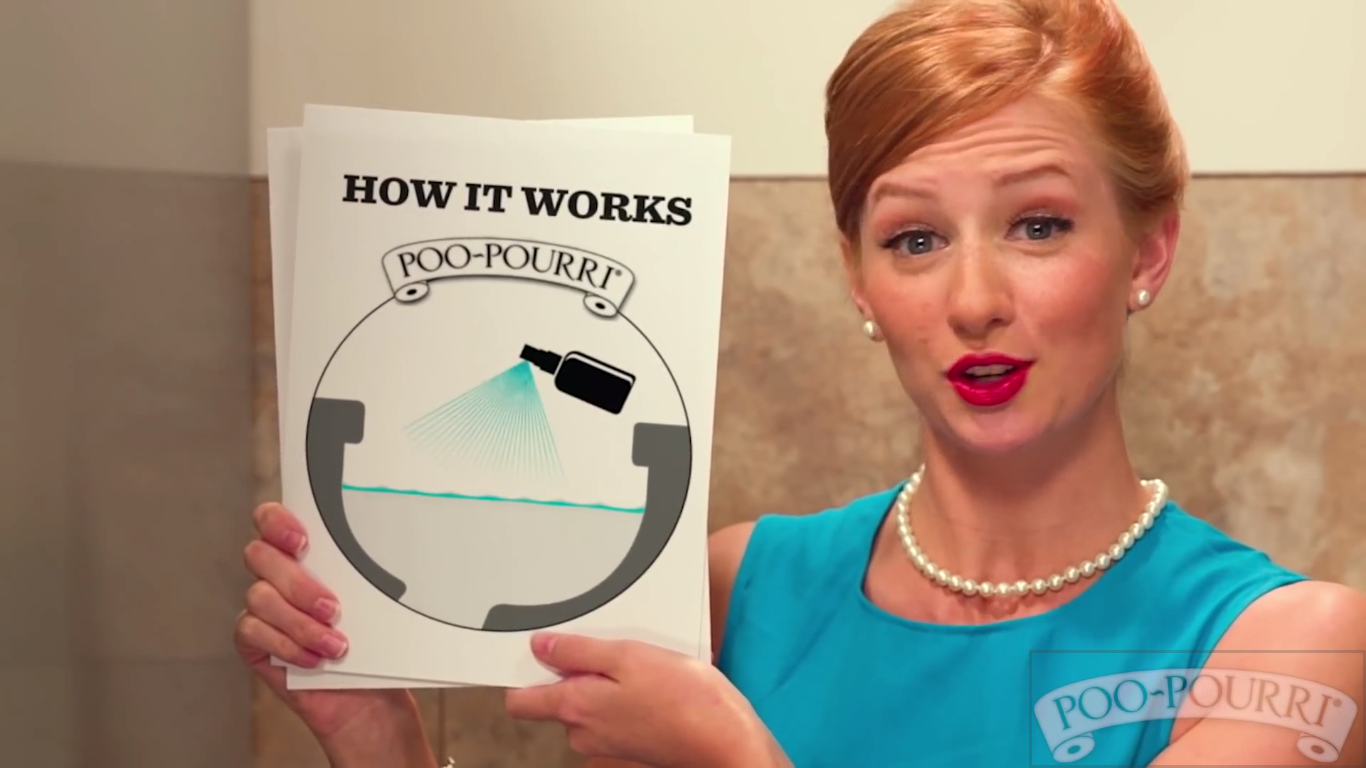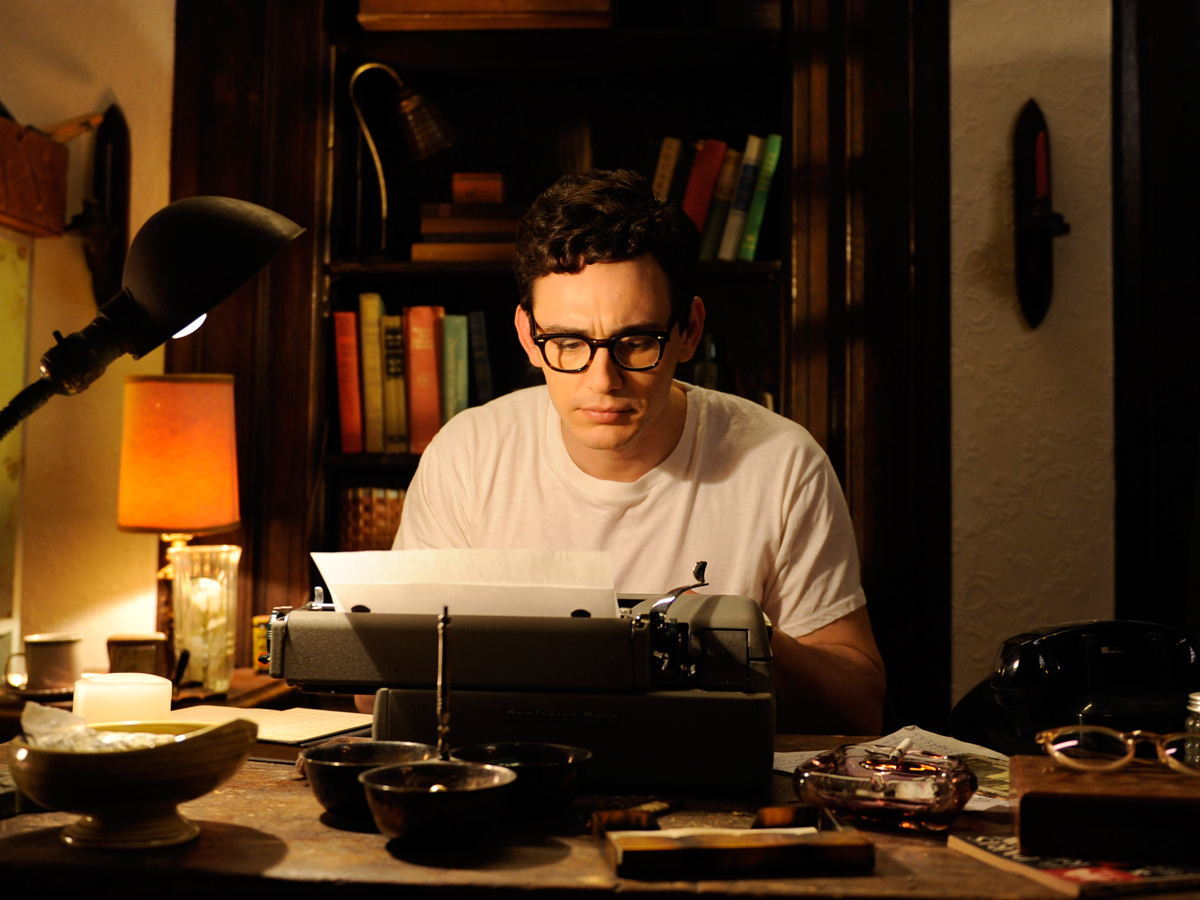Living With Crohn’s Disease
Rob Edwards wants you to know about Crohn’s Disease. Because it is common. And it’s only embarrassing if you let it be.
I was seventeen and stupid when I first noticed the blood in the toilet bowl. I didn’t know what was happening, what I should do so I told no one. It was just a one-off thing I told myself, no need to be concerned about it. As the days went, I saw blood each time I went to the toilet. Sometimes a little, other times it would be a lot, each time I saw blood it was terrifying.
According to Crohn’s and Colitis UK, Crohn’s Disease is ‘a condition that causes inflammation of the digestive system’.
According to Crohn’s and Colitis UK, Crohn’s Disease is ‘a condition that causes inflammation of the digestive system’. Crohn’s can have a lot of side effects ranging from rapid weight-loss, increased frequency of going to the toilet and to all manner of nasty internal issues. As a condition, it’s been seeing a steady growth across the developed world with 1 in 650 people here in the UK suffering from it. Those most at risk of developing it are the young, those in their late teens or early twenties. Various factors are involved with developing the condition including genetic and environmental conditions.
Going to the toilet to drop a log is one of the most basic acts we do…
In this country, we’ve grown used to talking about various illnesses such as cancer, dementia, diabetes, thanks to how (sadly) prevalent they are in day-to-day life. We all kinda get how cancer affects someone thanks to how often it’s shown on TV and film like Breaking Bad, from the months of chemo and the hair loss. We know that diabetics must check their blood sugar after meals because we’ve seen people using that little pricker thing. We don’t however understand Crohn’s because very few sufferers ever talk openly about it and the symptoms are mostly internal. As a sufferer, I think this comes down to what Crohn’s most notably affects in day-to-day life, having a poo.
Going to the toilet to drop a log is one of the most basic acts we do as living creatures and it’s only when it’s disrupted that we realise how it affects our day-to-day lives. When Crohn’s first started affecting me, it was most notable in how often I felt the sudden urge to go to the toilet. At its worst it would have me up during the night, glued to the toilet seat in fear of leaving in case I needed to go again. I was embarrassed by what this was doing to do me, who wouldn’t? This sense of shame and embarrassment overtook my common sense so I refused to see a doctor until it was absolutely necessary.
I’d developed what is called a ‘perianal abscess’…
That day came when one morning I woke up and realised I couldn’t use my left leg anymore. I’d developed what is called a ‘perianal abscess’ in the muscle of my buttock, which left me in an immense amount of pain and unable to walk. I was rushed to the hospital, operated on and now at last I was in the system; people knew I was suffering. The next few weeks were not enjoyable. To work out what was wrong, I had to undergo various tests and procedures ranging from a Barium x-ray, which involved drinking a liquid that both looked like and tasted like paint, to the dreaded colonoscopy. Having a large tube slowly inserted up your behind is certainly uncomfortable and embarrassing at first, especially if you noticed the nurse is quite attractive and you’re really not sure if you want this situation to become something that gets your teenage libido going.
None of us likes admitting that there is something wrong with their bodies, it means were weak, flawed, mortal. This is particularly a problem for men, who on average go to the doctor 20% less than women. Ask any man about the changing room showers after a PE and he’ll tell you tales of awkwardly fumbling his clothes off and on in a rush to make sure no one sees his unmentionables.
I’m not sure if this attitude ever really leaves some men; so we pigheadedly refuse to see a doctor in times of crisis just in case they want to do the dreaded prostate exam. If I was to give any advice or thoughts to young people worried about this sort of exam I’d say this: Who gives a damn? You don’t have to tell anyone, the doctors are sworn to confidentiality and if you’re embarrassed about what’s wrong with you don’t be, every doctor on earth has seen worse.
Who gives a damn? You don’t have to tell anyone…
It’s been four years now since my diagnosis, and in that time I’ve been able to live a normal life. I went to university, had an active social life. No longer was I bound by whether I constantly needed the toilet or not. For about two of the last four years I’ve been on varying forms of medication that have been managing what symptoms I may have from time to time.
If you’re reading this and have started noticing something off about how often you go to the toilet or you’ve started noticing blood in your waste then don’t brush it off as a ‘one-off’: go see your doctor, talk to your parents about it. No one will think any the lesser of you for admitting that something is wrong.
Are you a sufferer? How do you think we can make this disease and others more talked about? Are poo problems really that taboo? Let us know: @rifemag
Here is a list of health centres in Bristol if you need to find your nearest one









